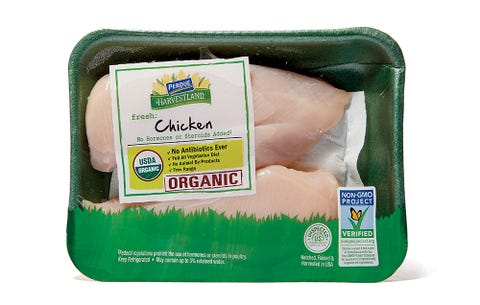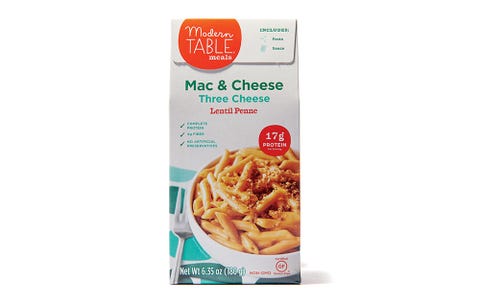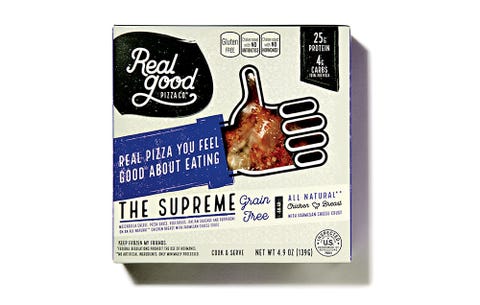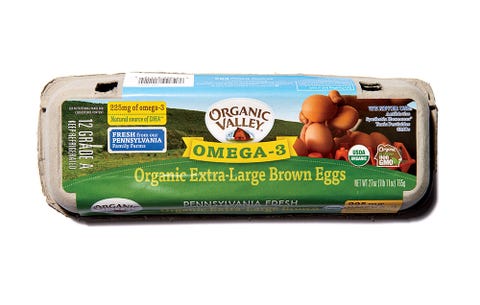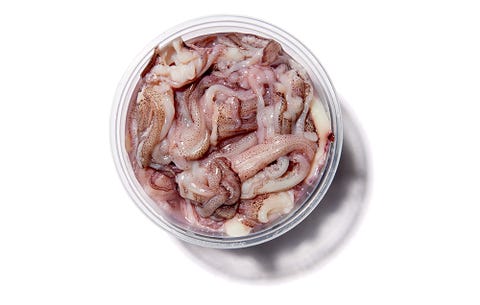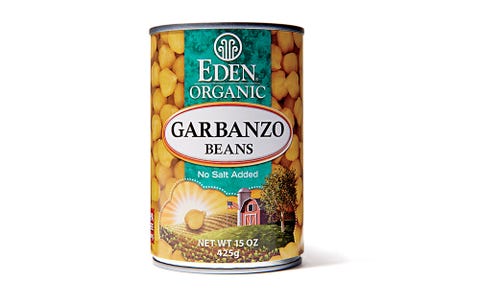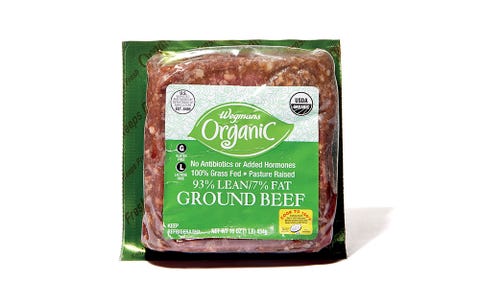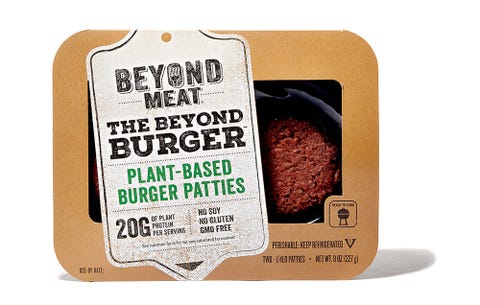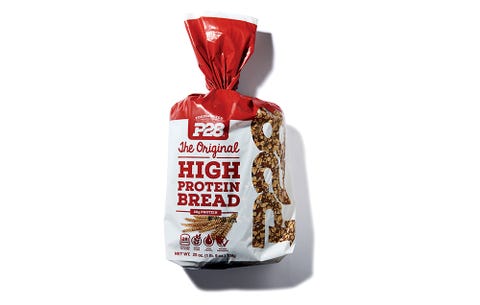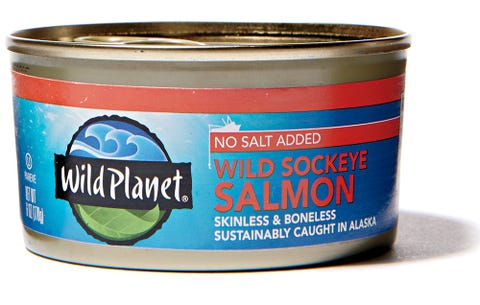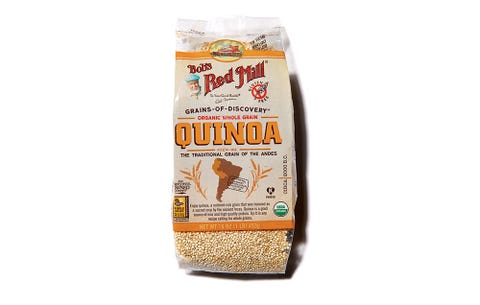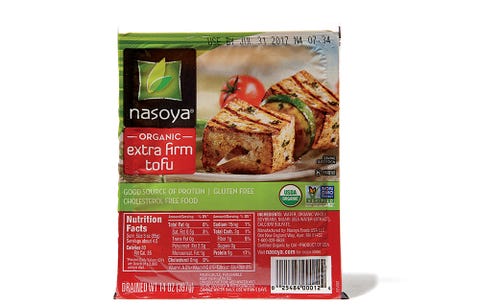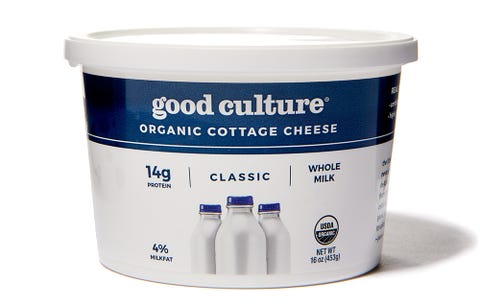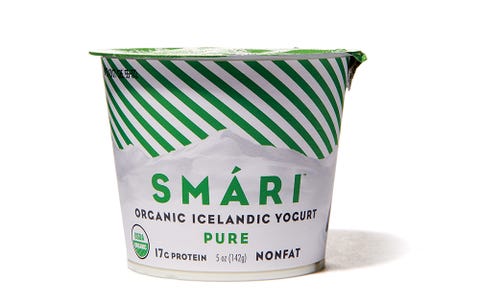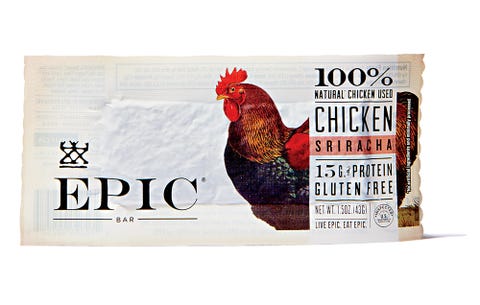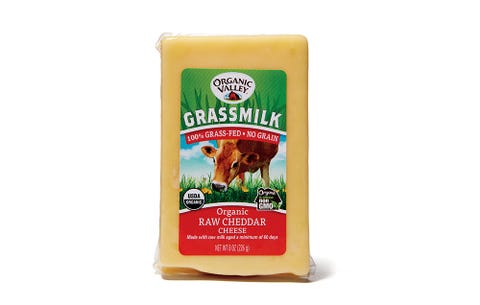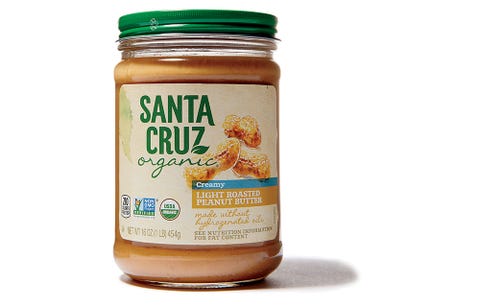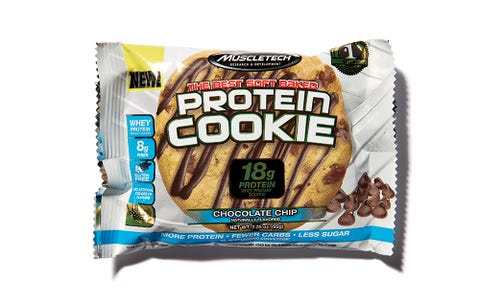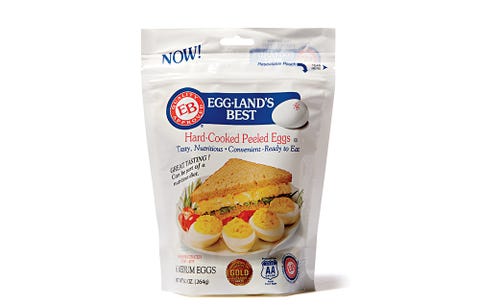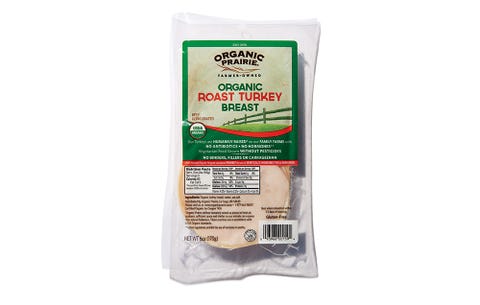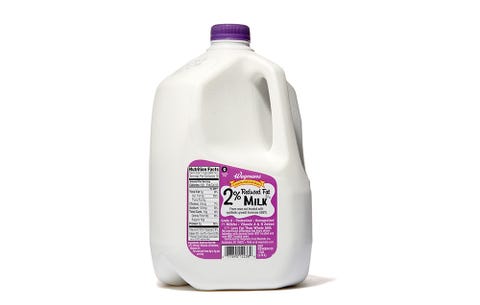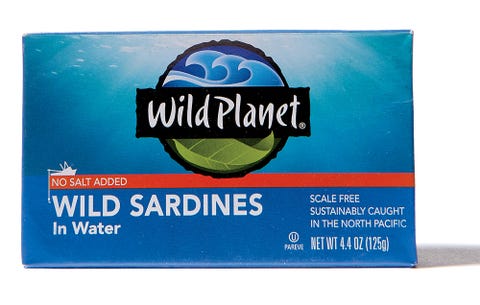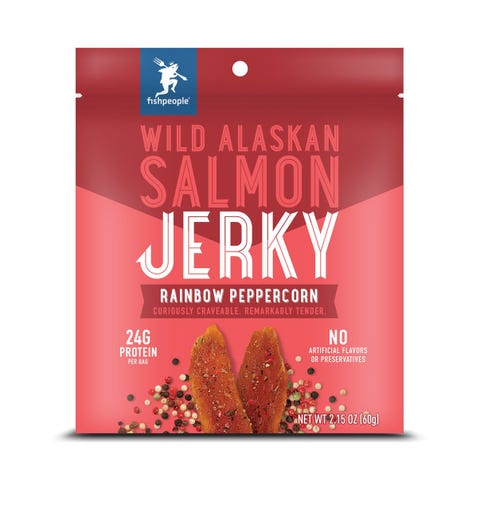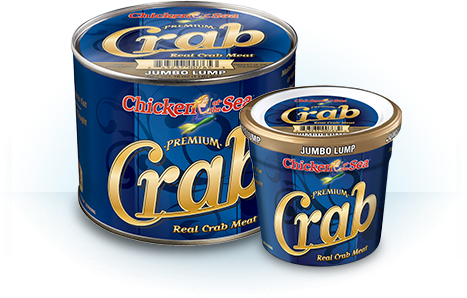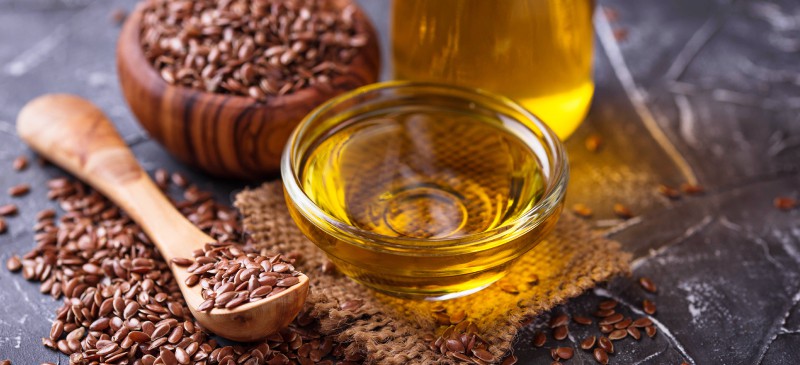 If you’re looking to increase your omega-3 intake, flaxseed oil (aka flax oil) and fish oil (or oil omega-3) are two tremendous options. But which one is better for you? If you’re a vegetarian or vegan, then the choice is clear — flaxseed automatically wins — but if you don’t need to avoid animal products, it can be harder to say if flaxseed oil benefits outweigh fish oil benefits or vice versa.One thing is for sure — flaxseed oil benefits include being one of nature’s richest and best sources of vegetable-based, vital omega-3 fatty acids. And that’s not all. Flaxseed oil benefits extend beyond its high omega-3 content, which is why it should be added to an integrative health protocol.
If you’re looking to increase your omega-3 intake, flaxseed oil (aka flax oil) and fish oil (or oil omega-3) are two tremendous options. But which one is better for you? If you’re a vegetarian or vegan, then the choice is clear — flaxseed automatically wins — but if you don’t need to avoid animal products, it can be harder to say if flaxseed oil benefits outweigh fish oil benefits or vice versa.One thing is for sure — flaxseed oil benefits include being one of nature’s richest and best sources of vegetable-based, vital omega-3 fatty acids. And that’s not all. Flaxseed oil benefits extend beyond its high omega-3 content, which is why it should be added to an integrative health protocol.
What Is Flaxseed Oil?
Flaxseed oil comes from the seeds of the flax plant (Linum usitatissimum). Flaxseed is actually one of the oldest crops, as it has been cultivated since the beginning of civilization. The Latin name for flaxseed means “very useful,” and that’s because every part of the flaxseed plant is utilized.
Flaxseeds and flaxseed oil is emerging as important functional food ingredients because they rich in a-linolenic acid (ALA); in fact, flaxseed is the richest plant source of omega-3 fatty acids. Flaxseed oil is low in saturated fatty acids, moderate in monounsaturated fatty acids and rich in polyunsaturated fatty acids. (1)
Research suggests that flaxseed oil has potential health benefits related to cardiovascular disease, cancer, prostate problems, inflammation, digestive issues and osteoporosis. Today, you’ll see flaxseed oil and flaxseed oil supplements online or in your local health food store. Just like fish oil, people use flaxseed oil for its healthy fats and its benefits for the heart.
Top 7 Flaxseed Oil Benefits
Flaxseed oil (also known as linseed oil) is derived from the extremely nutritious and disease-preventing flaxseed. Similar to the seed, flaxseed oil is loaded with healthy omega-3s, fatty acids that have been associated with healthier brains and hearts, better moods, decreased inflammation, and healthier skin and hair. That’s right, flaxseed oil improves hair, skin and more. With its nutty, slightly sweet flavor, a tablespoon of flaxseed oil is thankfully not one of those health foods that’s a torturous addition to your daily routine, which is great news given all the flaxseed oil benefits to your health.
Flaxseed oil contains 50 percent to 60 percent omega-3 fatty acids in the form of alpha-linolenic acid (ALA). With even more anti-inflammatory and disease-preventing ALA omega-3 content than fish oil, many people opt for flaxseed oil benefits over fish oil benefits.
Omega-3 fatty acids play important roles in all sorts of bodily processes, including inflammation, heart health and brain function. Being deficient in omega-3s is associated with lower intelligence, depression, heart disease, arthritis, cancer and many other health problems.
What specifically is flaxseed oil good for? Flaxseed oil benefits are extensive, but here are some of the most impressive when it comes to flaxseed oil benefits.
1. Aids in Weight Loss
Since flaxseed oil lubricates the colon and works as a natural laxative, it’s excellent at keeping things moving in the digestive system. By helping your body to get rid of food and wastes more quickly, it helps your body to detoxify and shed excess weight.
In fact, a 2015 study published in Nutrition Journal found that flaxseed oil added to a weight loss diet not only helped participants lose weight, but it also reduced inflammation markers. (2) That means adding flaxseed oil as a carrier oil to essential oils for weight loss can lead to additional benefits beyond dropping some pounds.
2. Relieves Constipation and Diarrhea
Constipation is slower than normal movement of food waste through the digestive tract. It’s generally accompanied by a variety of symptoms, such as bloating, gas, back pain or fatigue. One of the main folk or traditional uses for flaxseed oil has been constipation relief. By acting as a lubricant to the colon, flaxseed oil offers easy and natural constipation relief.
Not only that, but flaxseed oil benefits those suffering form diarrhea as well. A 2015 study published in the Journal of Ethnopharmacology found that it has dual effectiveness at relieving constipation and stopping diarrhea, showing flaxseed oil benefits the digestive system in multiple ways. (3)
3. Helps Fight Cancer
In the world of natural cancer treatment and prevention, flaxseed oil is well-respected and included in natural treatment diets like the Budwig diet protocol for cancer. Studies even show that flaxseed oil benefits may include helping prevent the growth of breast tumors.
In one 2015 study, researchers found that ALA contained in flaxseed oil reduces growth of breast cancer cell lines by modifying signaling pathways. (4) Another study in the journal Nutrition and Cancer supports the use of flaxseed oil as an inexpensive complementary therapy for a wide range of breast cancers. The research showed that the ALA in flaxseed oil reduced cancer cell growth and induced apoptosis, which is programmed cell death of cancer cells. (5)
4. Removes Cellulite
Looking for a natural way to fight cellulite? As we age, collagen production decreases, but consumption of flaxseed oil helps to increase collagen production.
Structural changes in the skin’s tissues, including weakened collagen, makes cellulite more visible because the skin becomes thinner and less able to conceal the irregularities created by the superficial fat and connective tissue just below its surface. By adding flaxseed oil to your diet, you can actually help to fight the appearance of cellulite.
5. Reduces Eczema
Eczema is a common skin disorder that causes dry, red, itchy skin that can blister or crack. It’s generally caused by an allergic response to foods, chemicals or other substances, such as perfumes or soaps.
In addition to avoiding unhealthy skincare products, you can also greatly improve eczema through your diet. Essential fatty acids help improve skin elasticity and texture, making flaxseed oil one of the top choices for improved skin health in general and pesky skin problems like eczema. (6)
6. Boosts Heart Health
There’s evidence that eating foods high in alpha-linolenic acid like flaxseed oil might help prevent and treat heart disease. One study suggests that people who eat a diet high in ALA are less likely to have a fatal heart attack, meaning flaxseed oil might lower risk factors for this common killer.
Another study found that women who ate high levels of ALA (1.5 grams per day) had a 46 percent lower risk of sudden cardiac death than those who ate the lowest amount of ALA (about half a gram per day). Other population studies show that as people eat more foods with alpha-linolenic acid, heart disease deaths go down. (7)
7. Treats Sjogren’s Syndrome
Sjogren’s syndrome is a disorder of the immune system identified by its two most common symptoms — dry eyes and a dry mouth. A number of studies to date have suggested numerous potential associations between diet and tear film health.
One such study evaluated if oral flaxseed oil can help Sjogren’s syndrome patients. Results showed that therapy with oral flaxseed oil capsules (one or two grams per day) reduced eye surface inflammation and improved the symptoms of keratoconjunctivitis sicca (dry eye) in Sjogren’s syndrome patients. (8)
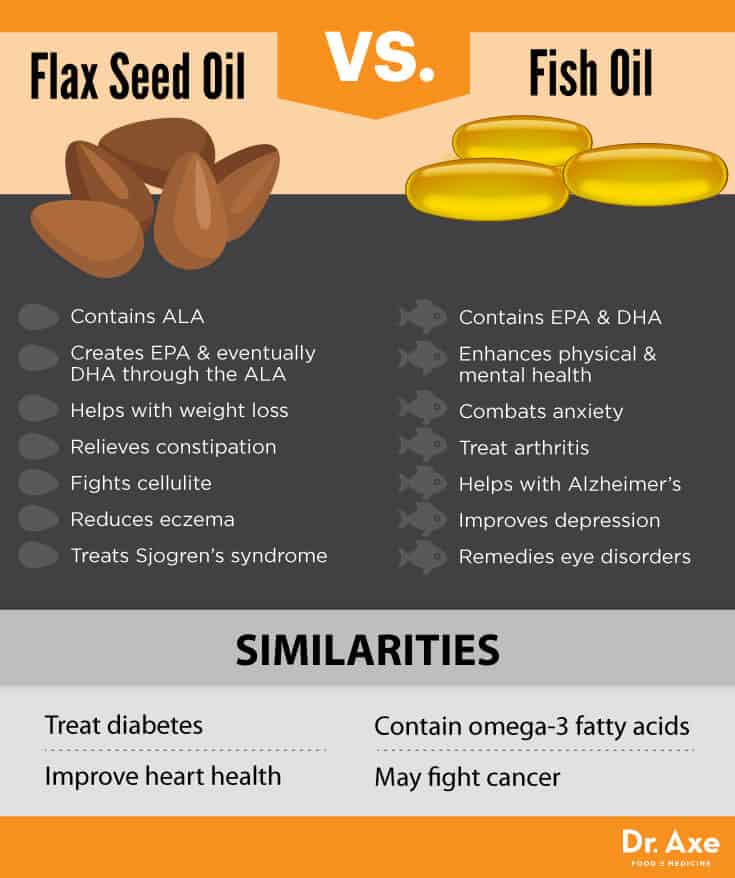
Flaxseed Oil Nutrition
Flaxseed oil contains omega-3 and omega-6 fatty acids, which are both polyunsaturated fatty acids (PUFAs) that the body is unable to produce, but are necessary to human health. It’s highly important to get the right balance of of PUFAs since omega-3 fatty acids help reduce inflammation, while many omega-6 fatty acids contribute to inflammation.
A healthy diet should consist of roughly two to four times fewer omega-6 fatty acids than omega-3 fatty acids. However, the typical American diet tends to contain 14 to 25 times more omega-6 fatty acids than omega-3 fatty acids. Many researchers believe this is a significant factor in the rising rate of inflammatory disorders in the U.S. (9)
With flaxseed oil, the omega-6:omega-3 ratio is 0.3:1, which is exactly in line with how much of each type of fat you should be consuming.
Flaxseed oil contains ALA, which the body converts into eicosapentaenoic acid (EPA), and docosahexaenoic acid (DHA), which are the omega-3 fatty acids readily available in fish oil. It’s also naturally high in antioxidants like tocopherols and beta-carotene, but researchers indicate that traditional flaxseed oil may lose these properties when it’s extracted and purified.
Flaxseed oil nutrition is most impressive when it comes to its fatty acid content. A typical serving size of the oil — one tablespoon — contains about: (10)
- 120 calories
- 0.01 grams protein
- 13.6 grams fat
- 7.6 grams omega-3 fatty acids
- 2.1 grams omega-6 fatty acids
Flaxseed Oil Uses in Ayurveda, TCM & Traditional Medicine
It’s no secret that we’ve been eating flax for thousands of years. In both Ayurvedic and traditional Chinese medicine, flaxseed oil is believed to promote both mental and physical endurance by controlling the aging process and fighting fatigue.
Ayurveda practitioners use flaxseed oil to balance the skin’s pH and improve its strength and elasticity. It’s also known to improve dry skin by holding in moisture, promote wound healing and give the skin a glowing appearance. Flaxseed is also part of an Ayurvedic diet and traditionally, it would be used in medicine as a treatment for wound healing, gastrointestinal disorders, respiratory conditions and even tumors. (11)
In traditional Chinese medicine, flaxseed oil is used to restore moisture in the body and counteract dryness that occurs in colder weather. Flaxseeds and flaxseed tea are also used to improve kidney and liver health.
Flaxseed Oil vs. Fish Oil vs. Olive Oil
Flaxseed oil and fish oil both contain omega-3 fatty acids, a category that contains three members. The three types of omega-3 fatty acids involved in human physiology are ALA, EPA and DHA:
- Eicosapentaenoic acid (EPA): Necessary for physical and mental health, this type is found primarily in fish and fish oil.
- Docosahexaenoic acid (DHA): Especially important to your body and necessary for various bodily functions involving your brain, blood vessels and immune system. It’s found in shellfish, fish and fish oil.
- Alpha-linolenic acid (ALA): This is the only omega-3 found in plants like flaxseeds, canola, soy, hemp seeds, walnuts and enhanced foods. When you consume ALA, your body converts it into EPA and then eventually into DHA.
Flaxseed oil is rich in ALA, but lacks EPA and DHA. The body can take ALA and convert it DHA and EPA, the two omega-3s found in fish oil. It does this by the action of enzymes known as elongases and desaturases. That conversion factor depends on your diet and health of your digestive tract.
Conversions of ALA to DHA and DPA are dependent on adequate levels of other nutrients, such as vitamins B6 and B7 (biotin), copper, calcium, magnesium, zinc and iron. Many of these are lacking in the modern diet, especially among vegetarians.
Flaxseed oil contains 50 percent to 60 percent omega-3 fatty acids in the form of ALA. Fish oil naturally contains both EPA and DHA. EPA and DHA are the most beneficial of the omega-3 fats, but we don’t tend to get a lot of them in our diets, so our bodies also produce them from the more prevalent ALA, which is one of the most important flaxseed oil benefits.
Olive oil is different than both flaxseed oil and fish oil because it’s made up of mostly oleic acid, which is a type of omega-9. Oleic acid is a monounsaturated fat that serves as a major source of energy for our cells. Eating a diet including olive oil, and other foods high in oleic acid, can help to lower your blood pressure, reduce cholesterol, improve brain function, promote skin repair and fight cancer.
Flaxseed Oil vs. Hemp Oil
Like flaxseed oil, hemp oil is a rich and balanced source of omega-6 and omega-3 polyunsaturated fatty acids. Hemp oil, which is made by pressing hemp seeds, is a particularly excellent source of gamma-linolenic acid (GLA), an omega-6 fatty acid that’s taken as a supplement to fight inflammation. GLA has also been shown to help naturally balance hormones, reduce nerve pain from diabetic neuropathy and improve symptoms of rheumatoid arthritis.
Although hemp oil comes from the same genus and species as cannabis oil, it only contains trace amounts of THC (tetrahydrocannabinol), which is what gives cannabis its psychoactive effects.
Where to Find and How to Use Flaxseed Oil
You can find flaxseed oil easily in your local health food store or even online. It’s best to purchase a cold-pressed and organic flaxseed oil from a well-respected brand. Whichever brand you go with, flaxseed oil should be stored in an opaque bottle (usually black) to reduce oxidation. Natural oils provide valuable lignans in addition to ALA. You can also buy flaxseed oil in capsule form if you’re looking to avoid the taste, but I recommend purchasing the oil itself.
One of the most convenient flaxseed oil benefits is its versatility. It can be used in place of other oils for salad dressings and sauces. It’s also delicious and commonly used in smoothies and protein shakes.
Like flaxseed meal, it makes a nutritious addition to yogurt or oatmeal. Mixing flaxseed oil with yogurt or cottage cheese helps emulsify the oil, improving its digestion and metabolism by the body. The combination of organic flaxseed oil and organic cottage cheese is actually part of an anticancer treatment known as the Budwig protocol. Flaxseed oil can be used in place of butter on rice, potatoes or toast in order to get all the tremendous flaxseed oil benefits and avoid the carbs in those starches and grains.
In terms of storage, flaxseed oil must always be kept in the refrigerator to retain freshness. To prevent oxidation and rancidity, it’s also key to keep the bottle tightly closed. For maximum freshness, it’s ideal to consume your flaxseed oil within six to eight weeks after opening. If you’re not going to take flaxseed daily or are prone to forgetfulness, it can be a good idea not to purchase an overly large bottle of flaxseed oil.
I never recommend the use of flaxseed oil in cooking, since it’s much too easily oxidized. It’s completely fine to add flaxseed oil to foods after they’ve been heated, however.
Flaxseed Oil Recipes
Flaxseed oil doesn’t have a very strong taste on its own so that makes it really easy to eat flaxseed oil and add it to a variety of recipes. For example, try adding a tablespoon to any of these 40 Healthy Smoothie Recipes.
Consuming this meal one time daily can help rebuild your cell membranes (naturally fighting cancer) and is also an incredible colon cleanse. It’s loaded with probiotics and fermentable fiber that can transform the health of your small intestine and colon.
Flaxseed oil also makes the list for my Healing Foods Diet.
Flaxseed Oil Supplementation: Capsules/Supplements and Dosage
Flaxseed oil is available as a dietary supplement in capsule form. Flaxseed oil supplements are typically taken for their omega-3 fatty acid content and they are generally used to boost cardiovascular health.
The flaxseed oil dosage will vary depending on the product, but taking one to three 1,000 milligram flaxseed oil capsules daily is commonly recommended. If you are taking too much flaxseed oil, you may notice digestive problems, like loose stool and diarrhea. If that’s the case, reduce your dosage.
If you are taking flaxseed oil supplements while on medication or along with other dietary supplements, make sure to consult your physician about possible interactions.
Thinking of taking fish and flaxseed oil? I don’t recommend taking both fish oil and flaxseed oil supplements together because it’s possible to have concerning negative side effects. If you’re not vegan or vegetarian, then fish oil is a more guaranteed way to increase your DHA and EPA levels. The EPA and DHA in fish oil make it hard for platelets to stick together and form blood clots, which is good for heart attack risk.
As I’ve mentioned before, if you want to increase your DHA and EPA levels, your best bet is adding flaxseed oil to foods after they’ve been heated. Consuming flaxseed oil with your nutrient-rich foods is the best way to ensure that you are getting all of those amazing flaxseed oil benefits.
History of Flaxseed Oil
The history of the mighty flaxseed truly goes way, way back. There is evidence that flax cultivation may have started during the Neolithic Era of approximately 10,000 B.C. Then sometime between 4000 and 2000 B.C., flax cultivation became a common practice in regions of the Middle East along with countries bordering the Mediterranean Sea. In the eighth century, King Charlemagne believed so strongly in flaxseed oil benefits that he passed laws requiring his subjects to consume it.
To this day, flax cultivation has remained both culinary and domestic just like the early days. In the U.S. and Canada, most commercial flax production involves oilseed varieties of flax, in which the seeds are eventually dried and crushed and used to produce different grades of oil.
Non-food grade flaxseed oil is used in wood finishes, paints, coatings and other industrial supplies. Food grade flaxseed is used for supplements as well as in livestock feed.
Flaxseed Oil Possible Side Effects and Interactions
Flaxseed oil supplements seem to be well-tolerated with few flaxseed oil side effects reported. Flaxseed oil is likely safe for most people when taken by mouth in appropriate amounts. Large doses of two tablespoons (30 grams) or higher per day can cause loose stools and diarrhea.
If you’re being treated with any of the following medications, you should not use flaxseed oil or other omega-3 fatty acid supplements without talking to your doctor first:
- Blood-thinning medications (anticoagulant): Omega-3 fatty acids can strengthen the effects of blood-thinning medications.
- Blood sugar-lowering medications: Omega-3 fatty acid supplements may increase fasting blood sugar levels, which may increase your need for the medications.
- Cyclosporine: Taking omega-3 fatty acids during cyclosporine (Sandimmune) therapy may reduce the toxic side effects associated with this medication in transplant patients, such as high blood pressure and kidney damage, but also may have adverse effects.
On the positive side, some possible good interactions with flaxseed oil have been seen with the following:
- Etretinate and topical steroids: Adding omega-3 fatty acids (specifically EPA) to the drug therapy etretinate (Tegison) and topical corticosteroidsmay improve symptoms of psoriasis.
- Cholesterol-lowering medications: Increasing the amount of omega-3 fatty acids in your diet may help a group of cholesterol-lowering medications known as statins work more effectively, although statins have their own dangers.
- Nonsteroidal anti-inflammatory drugs (NSAIDs): In an animal study, treatment with omega-3 fatty acids reduced the risk of ulcers from NSAIDs, including ibuprofen (Motrin or Advil) and naproxen (Aleve or Naprosyn). It’s likely that more research will show that omega-3 fatty acids have the same effects in people.
If you have macular degeneration or prostate cancer, some studies have shown that diets rich in ALA may increase the risks of both of these issues. More research is needed, but fish oil is a safer choice if you have either of these concerns. Pregnant women should also avoid flaxseed oil since it may increase the risk of premature birth. Check with your doctor before consuming flaxseed oil if you are currently nursing.
Taking flaxseed oil and fish oil at the same time can possibly cause the blood to become too thin. Check with your doctor before taking both at the same time. If you have any other health concerns or are currently taking any other prescription or non-prescription medicines, including supplements, then speak with your doctor before incorporating flaxseed oil into your diet.
Final Thoughts on Flaxseed Oil Benefits
- There is no doubt that flaxseed oil is a superstar plant source of omega-3 fatty acid, specifically ALA. It’s awesome how our bodies can take this ALA and convert it into beneficial DHA and EPA, but conversion rates can be low, especially if you’re deficient in other nutrients. Conversion is dependent on adequate levels of other nutrients, like vitamins B6 and B7 (biotin), copper, calcium, magnesium, zinc, and iron. Many of these are lacking in the modern diet, especially among vegetarians. (12)
- Another important thing to remember with flaxseed oil is that the ALA is better converted into DHA and EPA with less omega-6 intake. Omega-6 and omega-3 fatty acids compete for the same conversion enzymes, which means that the quantity of omega-6 in the diet directly affects the conversion of omega-3 ALA into EPA and DHA. The single most important thing you can do to reduce your omega-6 intake is to avoid processed seed and vegetable oils high in omega-6, as well as the processed foods that often contain them.
- As far as flaxseed oil benefits are concerned, the top ones include aiding in weight loss, relieving constipation and diarrhea, helping fight cancer, removing cellulite, reducing eczema, boosting heart health and treating Sjogren’s syndrome — which is why I recommend adding flaxseed oil to your diet regimen.
Source: draxe.com
Don't forget to like and share this post!


